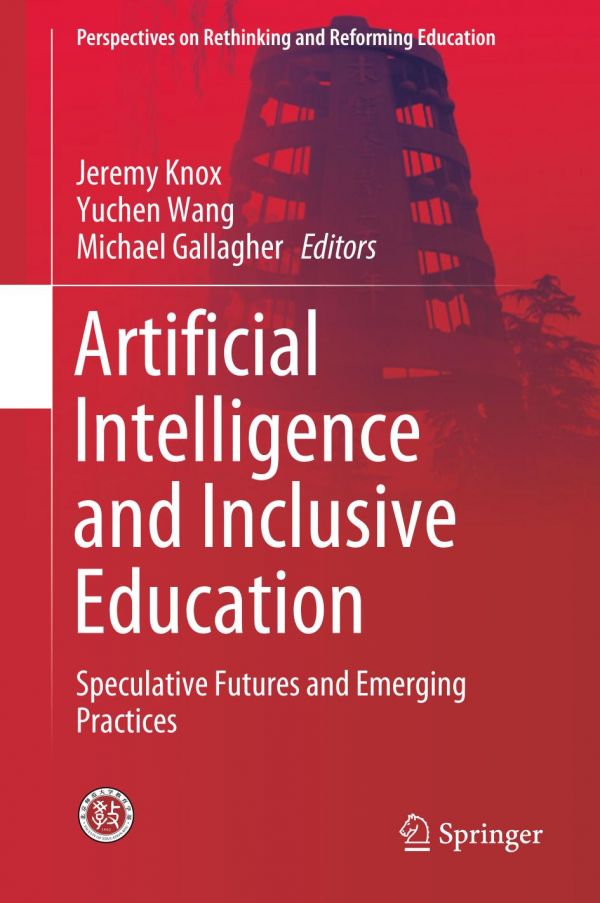

Most ebook files are in PDF format, so you can easily read them using various software such as Foxit Reader or directly on the Google Chrome browser.
Some ebook files are released by publishers in other formats such as .awz, .mobi, .epub, .fb2, etc. You may need to install specific software to read these formats on mobile/PC, such as Calibre.
Please read the tutorial at this link: https://ebookbell.com/faq
We offer FREE conversion to the popular formats you request; however, this may take some time. Therefore, right after payment, please email us, and we will try to provide the service as quickly as possible.
For some exceptional file formats or broken links (if any), please refrain from opening any disputes. Instead, email us first, and we will try to assist within a maximum of 6 hours.
EbookBell Team

5.0
78 reviewsThis book brings together the fields of artificial intelligence (often known as A.I.) and inclusive education in order to speculate on the future of teaching and learning in increasingly diverse social, cultural, emotional, and linguistic educational contexts. This book addresses a pressing need to understand how future educational practices can promote equity and equality, while at the same time adopting A.I. systems that are oriented towards automation, standardisation and efficiency. The contributions in this edited volume appeal to scholars and students with an interest in forming a critical understanding of the development of A.I. for education, as well as an interest in how the processes of inclusive education might be shaped by future technologies. Grounded in theoretical engagement, establishing key challenges for future practice, and outlining the latest research, this book offers a comprehensive overview of the complex issues arising from the convergence of A.I. technologies and the necessity of developing inclusive teaching and learning.
To date, there has been little in the way of direct association between research and practice in these domains: A.I. has been a predominantly technical field of research and development, and while intelligent computer systems and ‘smart’ software are being increasingly applied in many areas of industry, economics, social life, and education itself, a specific engagement with the agenda of inclusion appears lacking. Although such technology offers exciting possibilities for education, including software that is designed to ‘personalise’ learning or adapt to learner behaviours, these developments are accompanied by growing concerns about the in-built biases involved in machine learning techniques driven by ‘big data’.